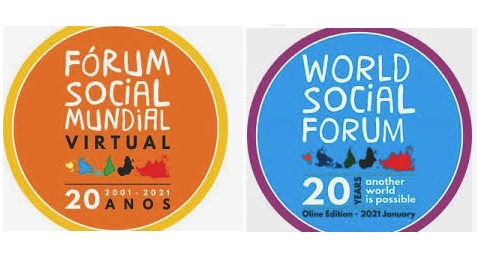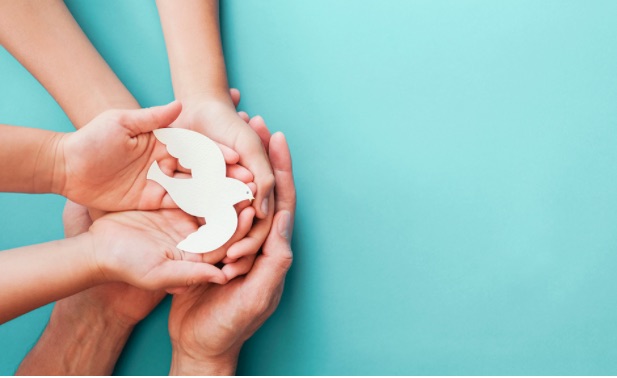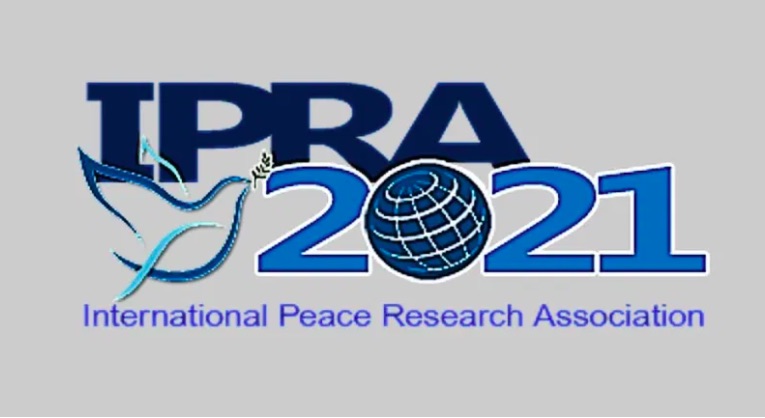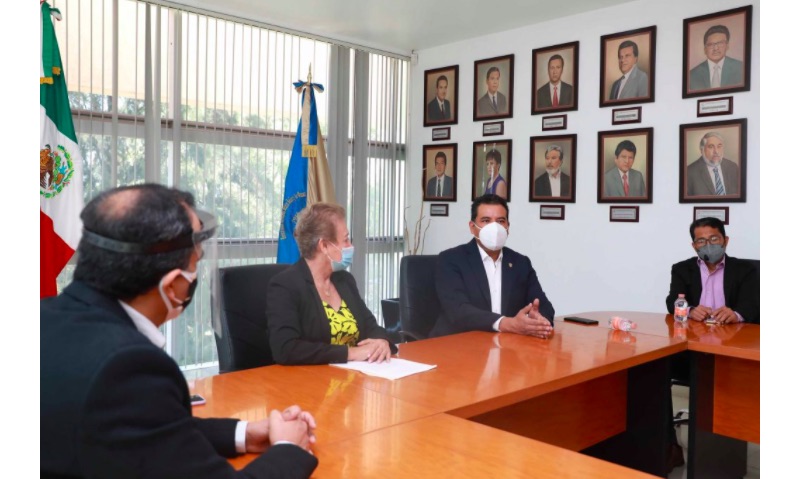. EDUCATION FOR PEACE .
An article from Diario de Almería (reprinted for non-commercial purposes)
52% of Andalusian schools supported with public funds are taking part in the Andalusian School Network: Espacio de Paz, an initiative launched by the Ministry of Education and Sports that aims to promote the improvement of the Plan for school coexistence. The network promotes self-training and the sharing of resources, experiences and initiatives for school coexistence and the promotion of a culture of peace.
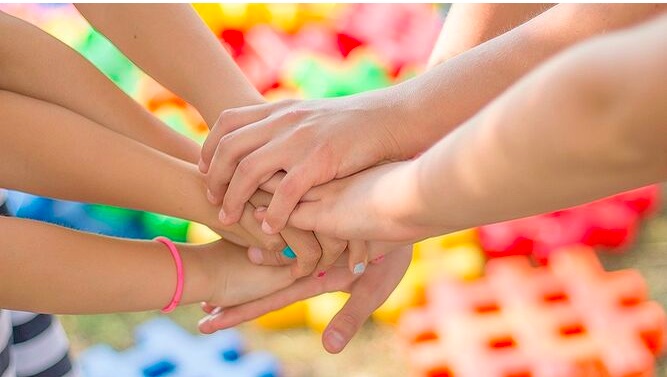
In the province of Almería, 259 schools and institutes are developing measures and actions this year 2020-21 in one of the six proposed areas of action:
– improvement from the management and organization of the center;
– promotion of values, attitudes, skills and habits of positive coexistence;
– prevention of risk situations;
– educational intervention in the face of difficulties and conflicts;
– how to repair the damage and restore coexistence;
– or promote measures of involvement and participation of the entire educational community.
Where is peace education taking place?
More than 53,000 teachers and around 650,000 male and female students from all over Andalusia participate in this initiative that involves all sectors of the educational community.
Initiatives of conflict mediation, assistant students, cyber-assistants, shared tutorials and conflict resolution and social skills workshops are some of the initiatives that are developed in the centers for the care and improvement of school coexistence.
There are two forms of participation in the network, the single-center modality that involves the participation of an educational center individually, and the inter-center modality that implies the coordinated participation of several centers, preferably from the same educational area, facilitating joint planning of actions and shared proposals. In Almería 22 centers are enrolled in inter-center projects.
In addition, 725 centers of the “Andalusian School Network: Space for Peace” have obtained recognition as centers promoting positive coexistence (Coexistence +), through a voluntary external assessment process that values the effort made by the centers in the improvement of coexistence and the promotion of democratic values. 82 educational centers in Almería have been recognized as promoters of Coexistence +.

